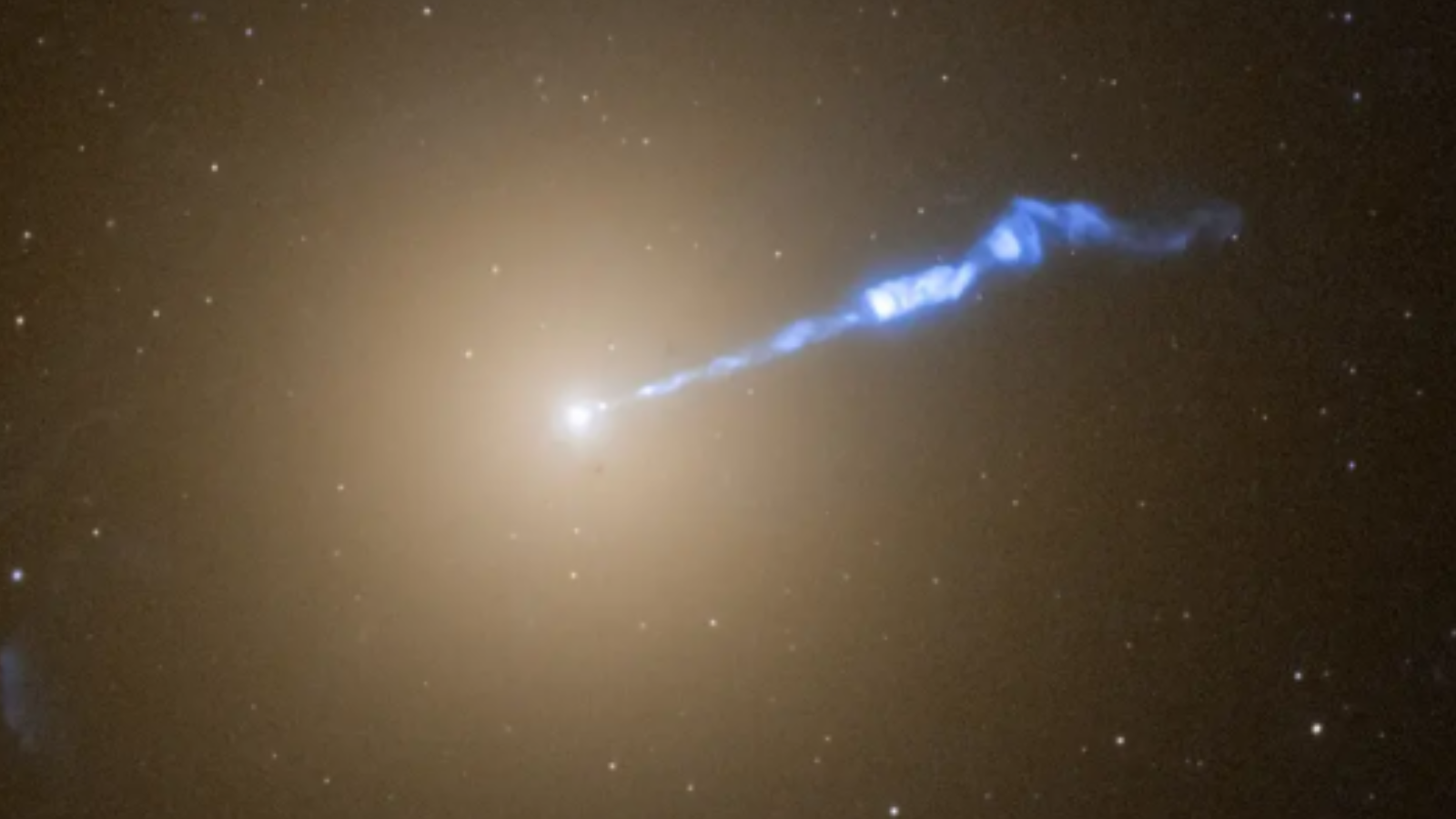NASA likely to stay the course to the moon under Bill Nelson, if confirmed

Don't expect big changes at NASA if Bill Nelson does end up leading the space agency.
On Friday (March 19), President Joe Biden announced that he intends to nominate Nelson, a former three-term U.S. senator from Florida and longtime space policy player, as NASA administrator. The choice signals that shakeups are unlikely in big-ticket NASA projects, such as the Artemis program of crewed lunar exploration, said space policy expert John Logsdon.
"One of the buzz phrases during the [presidential] transition was 'continuity of purpose,' and I think that's what one is likely to see with Mr. Nelson — a continuation of the existing program, adjusted to both technical and financial realities," Logsdon, a professor emeritus of political science and international affairs at George Washington University's Elliott School of International Affairs in Washington, D.C., told Space.com.
Related: Presidential visions for space: From Ike to Trump
Artemis to the moon
Biden has already signaled his support for Artemis, which took shape under the administration of his predecessor, President Donald Trump. Artemis aims to establish a sustainable, long-term human presence on and around the moon, to help NASA prepare for an even bolder leap — crewed missions to Mars, which the agency aims to start launching in the 2030s.
The Trump administration instructed NASA to work toward landing two Artemis astronauts on the moon by 2024. That timeline was widely viewed as unrealistic, and it will likely be relaxed — "adjusted to both technical and financial realities," as Logsdon put it — during the Biden administration.
Nelson, a Democrat who served in the Senate from 2001 to 2019, helped set NASA on its current course toward Earth's nearest neighbor. He and Sen. Kay Bailey Hutchison (R-TX) were the key Senate drivers of the 2010 NASA authorization act, which ordered the agency to develop a huge new rocket called the Space Launch System (SLS) and continue work on its Orion crew capsule. SLS and Orion are Artemis linchpins, the rocket and spacecraft designed to get NASA astronauts beyond low Earth orbit for the first time in half a century.
Breaking space news, the latest updates on rocket launches, skywatching events and more!
The 2010 bill, by the way, also supported the continued development of commercial cargo and crew capabilities in low Earth orbit, a key priority of then-President Barack Obama.
Nelson and NASA
During his Senate years, Nelson served as chairman or ranking member of the Space and Science Subcommittee and the ranking member of the Committee on Commerce, Science and Transportation, as the White House's nomination announcement notes. (A committee's ranking member is the most senior representative of the minority party. Nelson served as chairman when Democrats controlled the chamber and ranking member when Republicans were in charge.)
Nelson also served in the U.S. House of Representatives, from 1979 to 1991. For six of those years, he chaired the House's Space Subcommittee. And in January 1986, he flew aboard the space shuttle Columbia as a payload specialist on a six-day mission to Earth orbit. (Charlie Bolden, who served as NASA administrator under President Obama, piloted that shuttle mission.)
Video: Watch Bill Nelson launch into space aboard Columbia
Since leaving the Senate, Nelson has served on the NASA Advisory Council. As these extensive and varied experiences show, he's very much an insider, not some change agent brought aboard to enact a new vision.
"Biden has passed up the opportunity to put new blood in there, male or female, in favor of continuity," Logsdon said. (Until relatively recently, rumors had swirled that the pick for NASA chief might be a woman.)
"But the space community has complained about the lack of continuity with change of administration, so I think Biden ought to be commended for continuity," Logsdon said.
Nelson doesn't have significant managerial experience, so the choice for deputy administrator should be "a first-rate manager," Logsdon added. That pick has not yet been announced, but there's a lot of buzz around former NASA astronaut Pam Melroy, who would be a good choice, Logsdon said.
All of the above is conditional, of course, for Nelson must still be confirmed as NASA administrator by the U.S. Senate. But confirmation is likely to be a mere formality, given that Nelson is held in high regard by his former colleagues in the chamber.
"I think it's a slam dunk," Logsdon said.
Mike Wall is the author of "Out There" (Grand Central Publishing, 2018; illustrated by Karl Tate), a book about the search for alien life. Follow him on Twitter @michaeldwall. Follow us on Twitter @Spacedotcom or Facebook.

Michael Wall is a Senior Space Writer with Space.com and joined the team in 2010. He primarily covers exoplanets, spaceflight and military space, but has been known to dabble in the space art beat. His book about the search for alien life, "Out There," was published on Nov. 13, 2018. Before becoming a science writer, Michael worked as a herpetologist and wildlife biologist. He has a Ph.D. in evolutionary biology from the University of Sydney, Australia, a bachelor's degree from the University of Arizona, and a graduate certificate in science writing from the University of California, Santa Cruz. To find out what his latest project is, you can follow Michael on Twitter.
